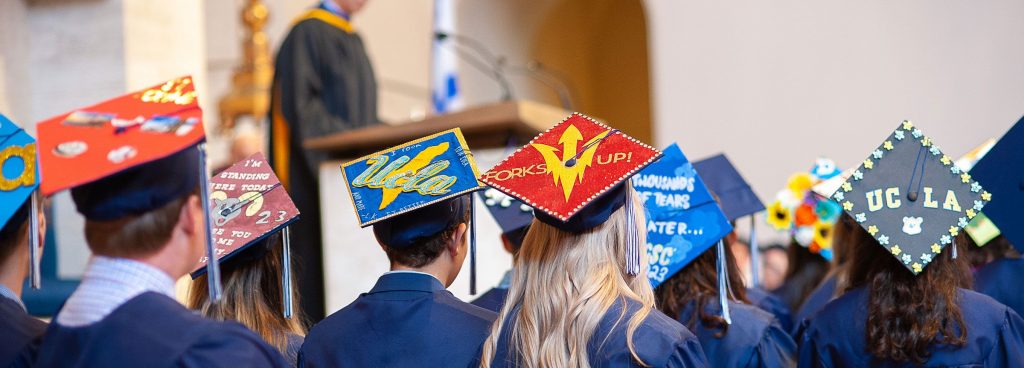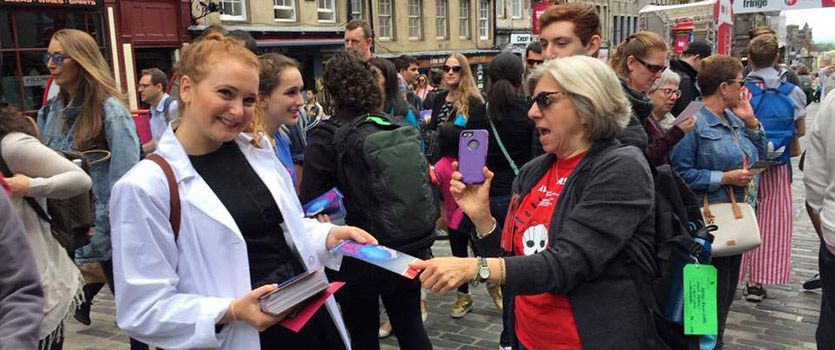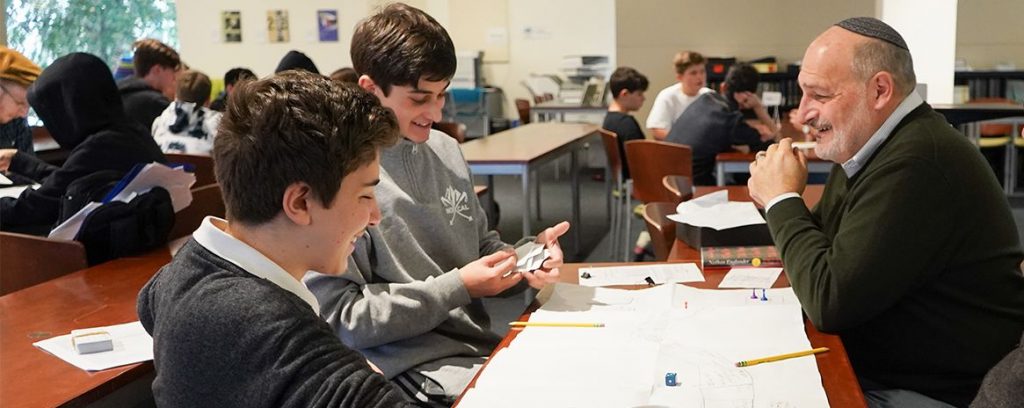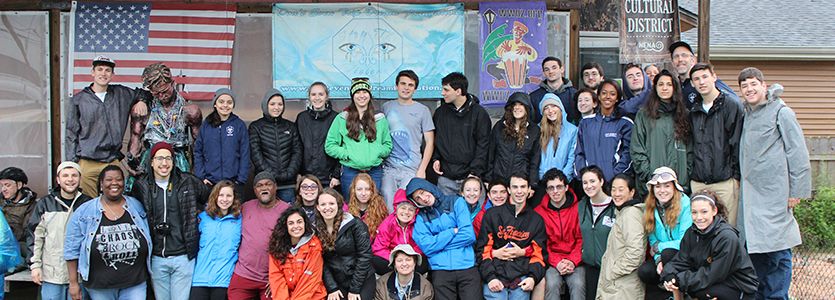by Rabbi Josh Buchin, co-Dean of Students
This week’s parsha contains one of the most beautiful and fascinating rituals in all of the Torah, the bikkurim ritual. In this ritual, the Israelites select the best produce from their orchards or fields, place them in a basket, and bring them to the Temple in Jerusalem. Upon presenting the bikkurim, the farmer recites a declaration recounting the history of the Israelites—from their ancestors’ suffering in Egypt, to God’s deliverance and the gift of the land—and expresses thanks for their blessings. The basket of first fruits is then presented as an offering.
There are many powerful lessons that we can take from this ritual. This ritual is a reminder of the importance of recognizing history, sharing stories, expressing gratitude, and celebrating in community. The communal nature, in particular, is important for us to consider in our school. But this text also speaks to the importance of rituals more broadly. Rituals, whether lighting the Shabbat candles every week or reading a book before bed, are essential for life. They provide us with structure, focus, and routine.
Rituals not only ground us but also provide us with joy and meaning. According to the Rabbis in the Mishnah, this was certainly the case with the bikkurim ritual, where the processional leading to the Temple was itself a form of celebration.
As people went to Jerusalem, “An ox would go in front of them, his horns bedecked with gold and with an olive-crown on its head. The flute would play before them until they would draw close to Jerusalem. When they drew close to Jerusalem they would send messengers in advance, and they would adorn their bikkurim… All the skilled artisans of Jerusalem would stand up before them and greet them saying, ‘Our brothers, men of such and such a place, we welcome you in peace.’ The flute would play before them, until they reached the Temple Mount… When he got to the Temple Court, the Levites would sing the song: ‘I will extol You, O Lord, for You have raised me up, and You have not let my enemies rejoice over me’” (Psalms 30:2)(Mishnah Bikkurim 3: 3 – 4).
As we start this new school year, may we be inspired by this week’s parsha to spend some time thinking about what routines will most help us succeed this year, both academically and personally. And may we be inspired by the description in the Mishnah to find and create rituals that bring us joy, connect us to those around us, and help us feel part of a larger story.











